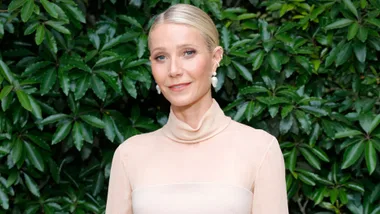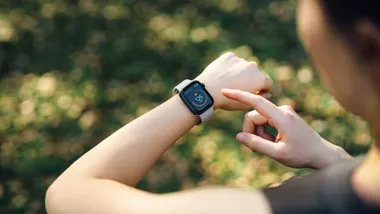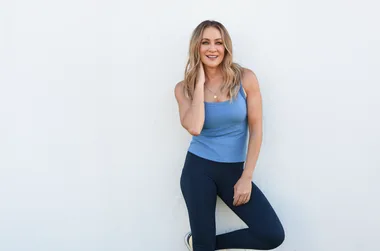Australia’s top medical association says book publishers need to better scrutinize celebrity endorsed diet books.
Health advice issued by celebrities and alternative wellness advocates should be scrutinised more rigorously before being published in books or online to protect the public, says the Australian Medical Association (AMA).
The country’s peak organisation for doctors issued the warning in the wake of a string of controversies over health claims made by popular alternative health and diet advocates without formally-recognised medical or health qualifications.
“We live in an era where people sometimes equate celebrity with expertise, which is not the case,” Dr Stephen Parnis, vice president of the AMA told The Weekly online. “At best [alternative health and diet advocates] may advocate something which is supposed to be therapeutic but actually has no effect. But at worst, it can be dangerous.”
Publishers Pan MacMillan and Penguin are currently facing questions over what measures they take to assess the health claims and advice made by their authors.
On Wednesday The Weekly online EXCLUSIVELY revealed a Paleo diet recipe book for babies, co-authored by My Kitchen Rules celebrity chef Pete Evans, that was due to be published this today, was put on hold by Pan MacMillan because of major health concerns by health officials, including the Federal Government’s Department of Health.

Pete Evans, who once prided himself on his pizza recipes, is now endorsing a Paleo diet for babies.
Meanwhile, serious doubts have arisen over the veracity of the personal story of social media entrepreneur Belle Gibson, author of the The Whole Pantry book and popular app. She claims to have used food and a healthy lifestyle to heal herself since allegedly being given just months to live after being diagnosed with inoperable brain cancer a few years ago.

Wellness author Belle Gibson appearing on Sunrise before the controversy.
Her publisher Penguin admitted it didn’t check for evidence her story was true before publishing her cookbook, which gained credibility from her personal cancer survival story.
Last month, the Wellness Warrior Jess Ainscough died from a slow-moving cancer seven years after shunning conventional treatment in favour of Gerson Therapy, an unproven alternative health regime that includes coffee enemas and juices. She had previously attracted a strong social media following from fans who were inspired by her survival story.
Dr Parnis told The Weekly online testing and evidence should be required before health claims and advice given by alternative health and diet advocates are published.
“Unfortunately when it comes to nutrition people may succumb to fads,” he said. “The risk is that people may come to harm.”
Alternative health advocates and their publishers should be prepared to take responsibility for health claims or advice that they give, Dr Parnis said, just as a doctor is liable for the care and advice they give to patients.
“It’s fine for people to do their own looking about or research,” he said. “But they should always check it with a reputable source – particularly with serious diseases, always run it past your doctor.”
Independent consumer watchdog Choice echoed Dr Parnis’ advice. “It’s really important that people understand the difference between medical science and alternative therapies,” a Choice spokesman said. “If you are really unwell, your first port of call should not be an alternative therapist.”











